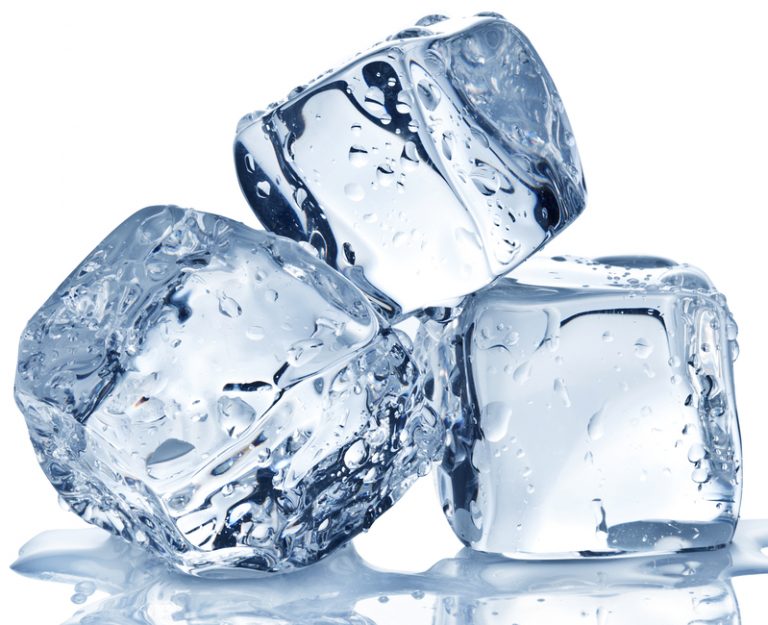🧊 Cryotherapy: Beyond the Chill
Cold That Heals – A Scientific Tool for Regeneration
Most people associate cold with discomfort or temporary relief—ice packs, cold showers, or post-exercise recovery. But in clinical pain management, Cryotherapy is a powerful tool for inflammation control, tissue healing, and accelerated recovery.
At our Brooklyn clinic, cryotherapy isn’t just a standalone solution. It’s part of a regenerative care system used to support patients dealing with post-surgical swelling, nerve irritation, joint stiffness, and chronic inflammatory pain. And all of it—without the risks of long-term medication use.
❄️ What Is Cryotherapy?
Cryotherapy refers to the controlled application of cold temperatures to the body or specific areas to produce therapeutic effects.
It activates:
- ❄️ Vasoconstriction, limiting blood flow and reducing swelling
- 🧠 Neural desensitization, calming overactive pain receptors
- 🦠 Immune modulation, reducing pro-inflammatory cytokines
- 🔁 Post-treatment rebound circulation, which brings nutrients and oxygen for healing
Cryotherapy may include:
- Localized cold air blasts
- Ice massage and cold packs
- Whole-body cryo-chamber sessions
🧬 What Conditions Benefit from Cryo?
Cryotherapy is clinically proven to support a variety of acute and chronic conditions:
- 📌 Joint inflammation (knees, shoulders, spine)
- 📌 Muscle strains and overuse injuries
- 📌 Post-surgical swelling and bruising
- 📌 Nerve pain (e.g., sciatica, TMJ)
- 📌 Bursitis or tendonitis
- 📌 Trigger points and soft tissue stiffness
It’s especially useful in recovery programs when patients experience:
- Delayed onset muscle soreness
- Sensory hypersensitivity
- Limited range of motion due to pain
🧠 The Science Behind Cryo Recovery
Cold exposure activates the autonomic nervous system and increases norepinephrine levels, which improves mood, reduces sensitivity, and accelerates the anti-inflammatory response.
Other physiological effects include:
- Decreased nerve conduction velocity (for pain relief)
- Reduced oxidative stress
- Improved lymphatic drainage
This combination makes cryotherapy not only a pain reducer—but also a tissue optimizer.
🔄 Combining Cryotherapy with Regenerative Medicine
Cryo is rarely used alone. We integrate it into plans that include tissue repair, movement re-education, and neuromuscular reset.
| Therapy | How It Works with Cryo |
|---|---|
| 💉 PRP Injections | Cryo reduces post-injection inflammation and increases comfort |
| ⚡ EMTT | Cryo calms nerve overactivity while EMTT reactivates cellular function |
| 🛠️ TECAR Therapy | Used post-cryo to rewarm and restore circulation |
| 🧠 AIMS | Improves neuromuscular control after pain is reduced |
| 🧍 Physical Therapy | Enhances tolerance to exercise by reducing pre-session pain |
| 💧 HA Injections | Cryo eases swelling in joint spaces after treatment |
The synergy between cold and movement is key to restoring full-body function.
🛡️ Is Cryotherapy Safe?
Yes—when performed by professionals, cryotherapy is very safe. Sessions are brief, controlled, and adapted to your condition.
Contraindications:
- Raynaud’s disease
- Poor circulation in treated limbs
- Active skin infections or open wounds
Before starting, our team performs a clinical evaluation to determine the right temperature, time, and zone of application.
🔍 What to Expect
During your cryotherapy session:
- You may feel a strong chill, but it is tolerable and short (2–10 minutes)
- You’ll be monitored for skin and nerve response
- You can resume daily activity immediately after
Most patients notice immediate improvement in pain, swelling, and ease of movement.
📈 Results You Can Expect
- ✔️ Pain relief without medications
- ✔️ Faster soft tissue recovery
- ✔️ Reduced joint inflammation
- ✔️ Better response to rehab and movement therapy
- ✔️ Reduced reliance on NSAIDs or steroid injections
Over time, patients experience improved range of motion, energy, and fewer flare-ups.
🏥 Conclusion
Cryotherapy isn’t just cold—it’s smart, clinical recovery.
From athletes to seniors, from surgical rehab to nerve pain relief, cryotherapy is a modern tool in our integrative care system—helping patients move better, feel better, and heal faster.
